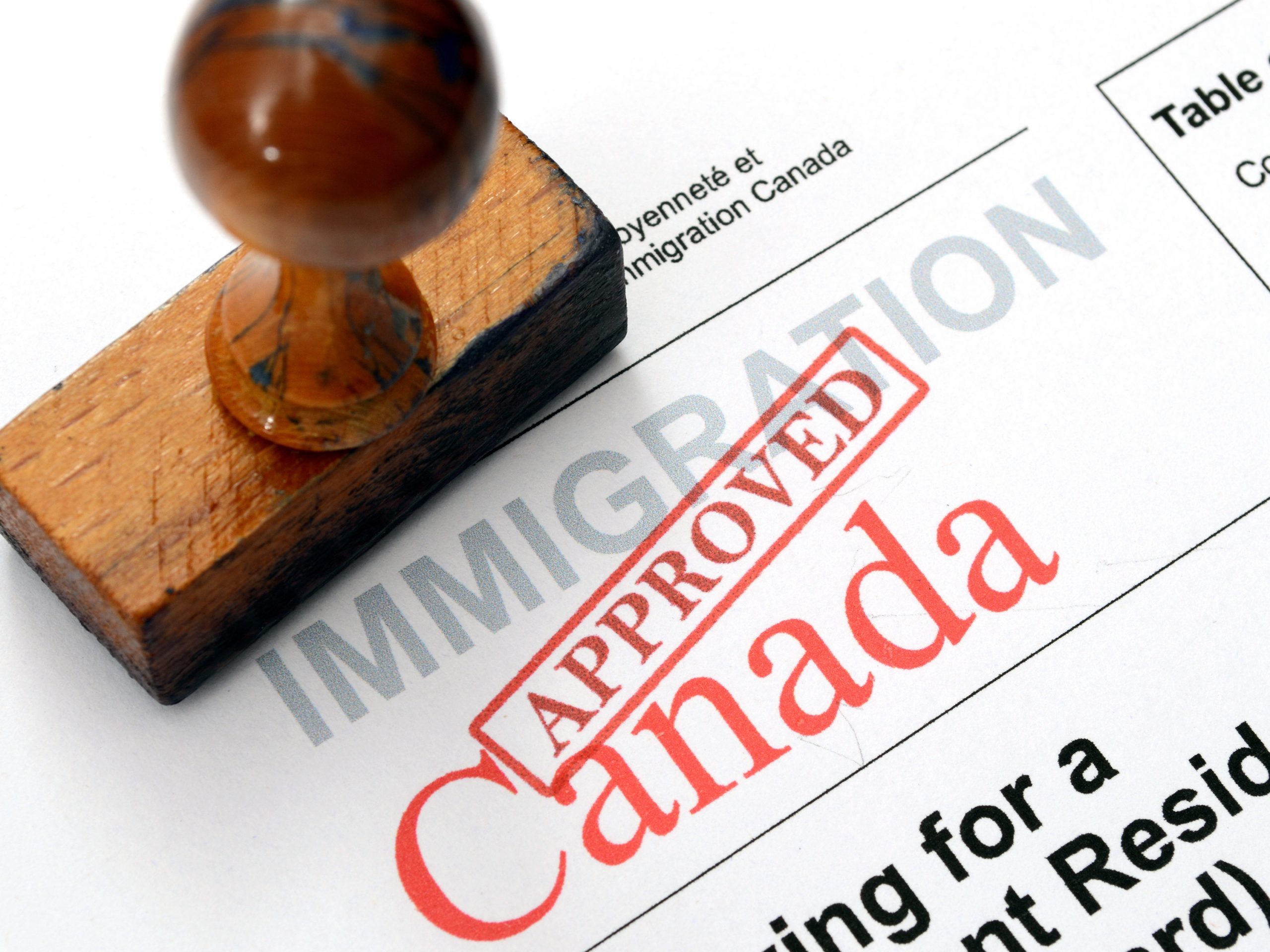In our household, as presumably in yours, we dump the tea leaves into the compost. Arguably pundits should do the same more often and more quickly instead of staring mesmerized at them. Yet I cannot resist gazing into my cup at a recent story that the untested CAQ holds a sizeable lead over its experienced mainstream rivals four months before the Quebec election.
If you are a normal person, and far be it from me to suggest my beloved readers have an eccentrically intense interest in politics, you would not necessarily know Quebec was about to have an election let alone what the CAQ was. But as a Loonie Politics subscriber you not only know these things, you realize this Quebec election seems less urgent than its recent predecessors because the reasonably-free-market CAQ that rose from the ashes of Mario Dumont's Action démocratique du Québec is leading the boringly safe Liberals with the Parti Québécois a distant third.
So, no alarm bell in the night, no fresh referendum looming, no agonizing over why they don't love us when we lavish them with gifts. Or at least no same old alarm.
I called the PQ "experienced" and "mainstream", which is odd for a party dedicated to demolishing what they refuse to regard as their country. But it has been a fixture in Quebec politics since René Lévesque founded it in 1968, holding power from 1976-85 and 1994-03. And though it fell to third behind the ADQ in 2007, it rebounded to win a minority in 2012 before collapsing in 2014. Then it picked Pierre Karl Péladeau as its leader.
Well, we all make mistakes. But following his departure the party has been disintegrating in ways that are partly self-inflicted but, with its federal Bloc Quebecois counterpart in a similar death spiral, are also clearly connected with voters losing faith in this option.
Phew. Fine. No more separation silliness. The rest of us can hit the snooze button, right?
I'm not so sure. Partly there is militant disenchantment with a party whose raison d'être was separation but couldn't pull it off and got sidetracked into boring mundane governance. But I suspect many less hard-core Quebecers decided that a party that couldn't make socialism work without leaving Canada would have been even less able to do so after leaving and foregoing lavish transfer payments many sovereigntists knew or suspected were flowing from Ottawa to Quebec City.
Again, phew, right? Put power back in the hands of less radical people. Namely Philippe Couillard's Liberals who have actually delivered balanced budgets, indeed surpluses (unless you count capital borrowing). Yes, folks, Quebec is now the envy of Alberta on fiscal rectitude. Pigs have taken wing.
But if that's the case, why on Earth aren't the Liberals way ahead in the polls? It's not just a budgetary performance that is spectacular by Canada's appallingly low standards. The Liberals seem to have governed competently, avoided scandals and hewed to the middle of the road on contentious issues.
Again, these tea leaves may lack flavour or goodness. Come voting day a large plurality of Quebec voters may say ha ha we had our fun now you Liberals go take care of business. But Quebecers seem dissatisfied with both mainstream options and, one therefore concludes, with business as usual in politics. (Couillard won in 2014 by promising to focus on "healthcare, education and jobs" and timid moderation on social issues which, like it or hate it, is absolutely standard Canadian politics whatever distinctiveness Quebec may possess or stridently claim.)
If Quebecers can't stomach this insipid beverage they are not alone. Alberta turned to the NDP. Americans to Donald Trump. Britons voted to leave the EU. Ontario elected Doug Ford. Quebecers tried the NDP federally. It's not a move to the left or the right. It's a move to the door. Voters are thrashing. Yet governments burble on, to quote recent posts on federal matters from my former colleague David Akin, about "Toward a Real Commitment to the Vitality of Official Language Minority Communities" and "Broadband Connectivity in Rural Canada: Overcoming the Digital Divide" and "Modernizing Federal Procurement for Small and Medium Enterprises, Women-Owned and Indigenous Businesses". Reading this rubbish I thought, yet again, these people live in a bubble where Canadian governments are doing a great job to the applause of gratefully compliant citizens.
Maybe they are and Couillard will cruise to reelection on Oct. 1. But I doubt it. People may not know what is wrong, or how to fix it, and far too few want what I want. But a large number seem profoundly dissatisfied with government as usual. And if the political class can't or won't recognize and address this dissatisfaction, voters will back outsiders.
Hence this time the CAQ seems to be their cup of tea.








